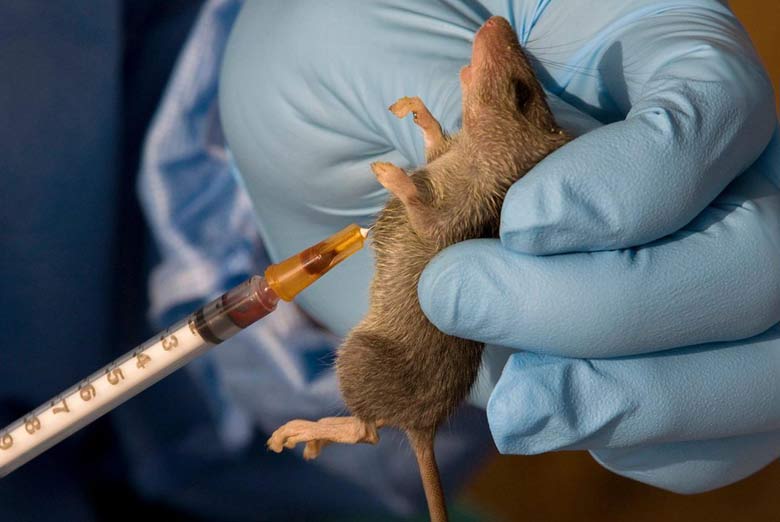HEALTHWISE

BENUE BATTLES LASSA FEVER: 15 CONFIRMED CASES, 6 DEATHS AS OUTBREAK PERSISTS INTO RAINY SEASON
Lassa Fever Lingers in Benue: 15 Confirmed Cases, 6 Dead as Outbreak Defies Season
Health officials in Benue State have raised concerns over a persistent Lassa fever outbreak that has so far claimed six lives and led to 15 confirmed cases in 2025. Even more alarming, nine additional deaths are suspected to be linked to the disease, though they haven’t been confirmed by lab tests.
Dr. Msuega Asema, the State Epidemiologist and head of the Benue State Public Health and Emergency Operation Centre (PHEOC), disclosed this during a training session in Makurdi organized by the World Health Organisation (WHO) for community health workers and journalists.
What makes this outbreak unusual is its continued spread during the rainy season. Typically, Lassa fever cases rise during the dry season, but this year, the virus is defying expectations.
“Since February, we’ve recorded 156 suspected cases,” Dr. Asema said. “We can’t deactivate our response efforts yet because new cases are still emerging, even during the rainy season. That’s not normal for Lassa.”
The virus is spread primarily through contact with food contaminated by the urine or feces of infected multimammate rats (Mastomys natalensis). Eating such contaminated food can cause infection and rapid transmission.
Dr. Asema added that nine of the deaths are considered “probable” Lassa fever cases, based on symptoms and exposure history, even though they haven’t been confirmed by laboratory testing.
WHO State Coordinator Dr. Mohammed Abdulkarim also spoke at the training, stressing that the outbreak has been ongoing in Benue for over six years—largely due to underfunding and a lack of proactive measures.
“This outbreak keeps coming back because we’re always reacting instead of preventing,” he explained. “We need to focus on prevention, including better hygiene, food storage, and improved nutrition to help reduce the spread.”
The WHO is pushing for stronger public awareness and better funding to support long-term solutions that go beyond crisis response.
As the state works to contain the outbreak, officials are urging residents to keep food covered, store it properly, and maintain clean environments to prevent contact with the disease-carrying rats.
"This represents a significant development in our ongoing coverage of current events."— Editorial Board









